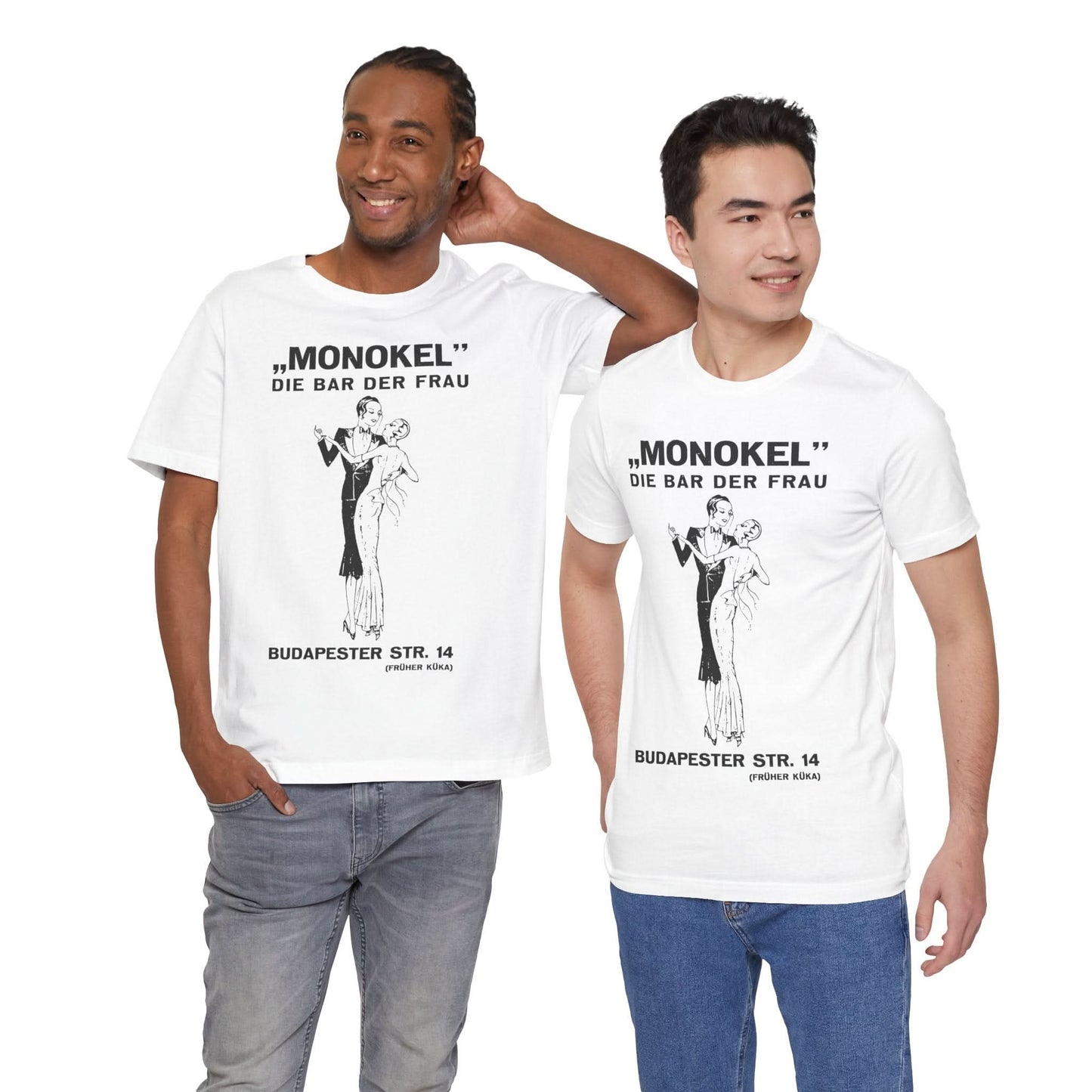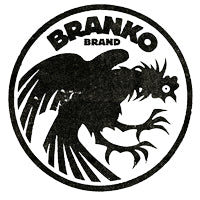Monokel (Early 1930's Berlin Germany Lesbian Bar/Closed by Nazis in 1933/Translation: Monocle The Women's Bar)
Monokel (Early 1930's Berlin Germany Lesbian Bar/Closed by Nazis in 1933/Translation: Monocle The Women's Bar)
Couldn't load pickup availability
Monokel T-Shirt
In the vibrant, uncertain days of Weimar-era Berlin, Monokel stood as one of the first openly lesbian bars in the world. Tucked into the city’s nightlife district in the late 1920s, it was a smoky, intellectual refuge where women gathered in tailored suits and monocles — a style that became its namesake and a subtle symbol of defiance.
At a time when Berlin was a haven for queer expression, Monokel welcomed artists, writers, and lovers who lived beyond convention. It was more than a bar — it was a statement of existence, a space where gender and desire could unfold freely, if only for a moment.
When the Nazi regime rose to power, the club — like much of queer Berlin — was forced into silence. But its legacy remains: a testament to early lesbian visibility and the courage to live authentically in a world that soon turned dark.
Share
























